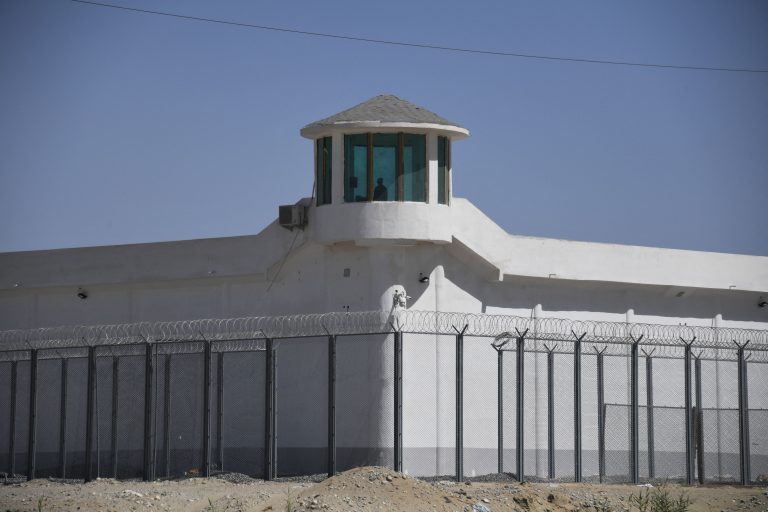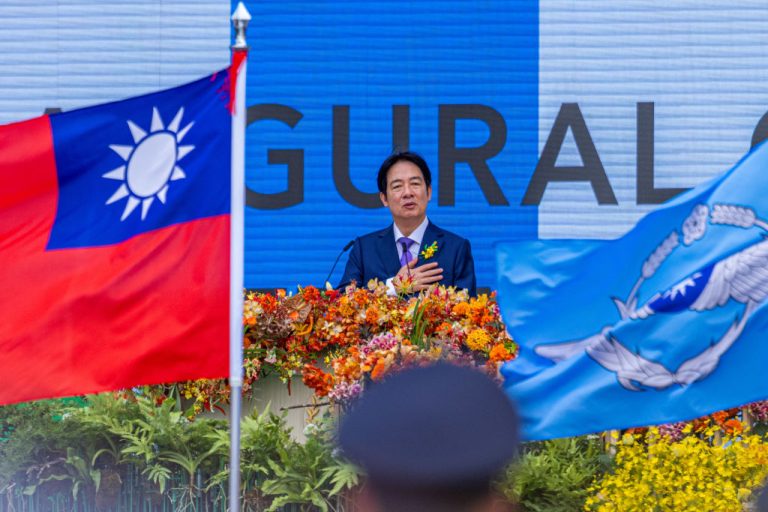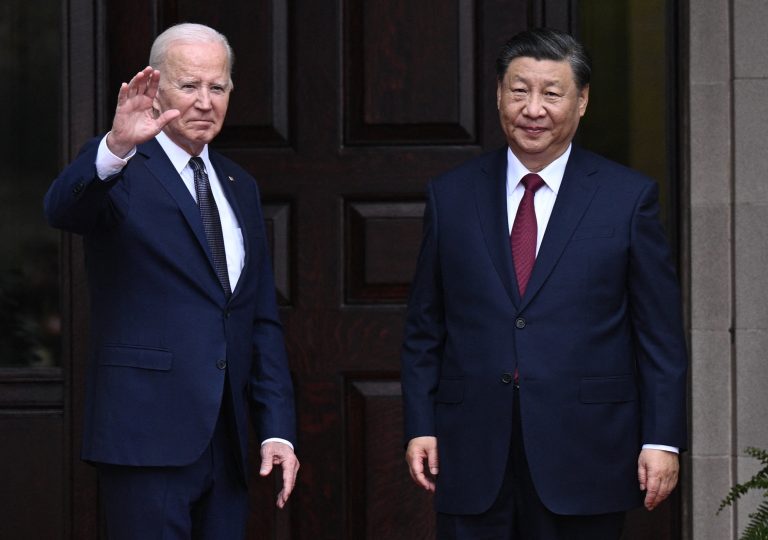On April 11, a Uyghur butcher was released from prison after serving seven years in Xinjiang for discouraging friends from consuming alcohol and smoking, sources familiar with the matter said. Though he has been freed, there are still fears that others like him remain in dire circumstances.
The butcher, Mahmudjian Muqeddem — who is also a farmer from the Tawaqchi community of Xaneriq village — became the first of 100 prisoners from the village to be released by authorities, an anonymous Uyghur living abroad said. He had served his time in a prison in Urumqi, a police officer from the Yenitam community confirmed.
“The reason for arrest is that he stopped others from smoking and drinking,” the officer said. “He is not a religious figure.”
Muqeddem was sent to a “reeducation” camp for two years before being transferred to prison.
Prior to 2016, Muqeddem — a Muslim man — was arrested for advising his friends not to smoke or drink at a gathering, Radio Free Asia (RFA) reported.
Success
You are now signed up for our newsletter
Success
Check your email to complete sign up
His story appears to be another case of the Chinese communist government attempting to wipe out Uyghur culture and religion.
According to communist authorities, abstinence from alcohol is considered a “sign of potential religious extremism,” an idea communicated in brochures across Xinjiang to encourage reporting suspected extreme religious activities.
Xaneriq village — located in the Kashgar Yengisheher county in Kashgar prefecture — is home to 31,000 people, crowded into 23 smaller communities. Around 800 live in the Tawaqchi community, where 100 were imprisoned and sent to internment camps, the Uyghur expat said.
Though Muqeddem’s freedom leaves a hopeful message, others are still worried about their loved ones still trapped by the communist government’s firm hand. More worrying is the fact that Muqeddem’s own “crime” is a mild offense, meaning there are far worse sentences being slapped on other unfortunate citizens.
READ MORE:
- ‘The CCP Does Not Represent China’: Falun Gong Practitioners Commemorate 25th Anniversary of Appeal in Beijing
- US Considering Sanctions on Chinese Banks for Russia Dealings, But No Concrete Plans Yet
- Biden Proposes Tripling Tariffs on Chinese Steel, Aluminum to Counter Beijing’s Product Dumping
The Uyghur plight continues
Currently, the Chinese Communist Party’s (CCP) ongoing oppression of the Uyghur community, and other ethnic minorities, continues.
The Human Rights Watch (HRW) group wrote on Jan. 31 that the CCP has revamped regulations in Xinjiang to “Sinicize” religions and enforce control over religious activities of the Uyghur population.
The regulations now call for religions to “practice the core values of socialism” and “adhere to the direction of Sinicization of religions.” Places of worship also must “reflect Chinese characteristics and style in terms of architecture, sculptures, paintings, decorations, etc.”
Religious institutions are also forced to meet requirements before they are allowed to create new places of worship, including more restrictions to build, expand or alter them.
“The revisions aim to forcibly transform religious practice to be consistent with Chinese Communist party ideology; to do otherwise risks imprisonment,” Maya Wang, acting China director at HRW, said.
The Guardian reported that many elderly Uyghur women are being sentenced and imprisoned for decades for religious “crimes” such as reading the Quran, an analysis of leaked Chinese documents reads.
“The government narrative was that women needed to be liberated from religious oppression,” Rachel Harris, professor of ethnomusicology at Soas University of London, said. “They really took that [agency] away in the name of liberating women.”
Uyghurs have also been banned from using social media apps like the Chinese-owned TikTok.
Despite wide coverage of the CCP’s atrocities, many others are still not convinced of the claims that China is repressing the Uyghur community, al-Jazeera wrote.
“It is the agenda of the West to show the worst of Xinjiang and I now know that the stories are not true because I have seen how happily they [the Xinjiang Muslims] are living,” Moiz Farooq, executive editor of Daily Ittehad Media Group and Pakistan Economic Net, said after he visited Xinjiang.








